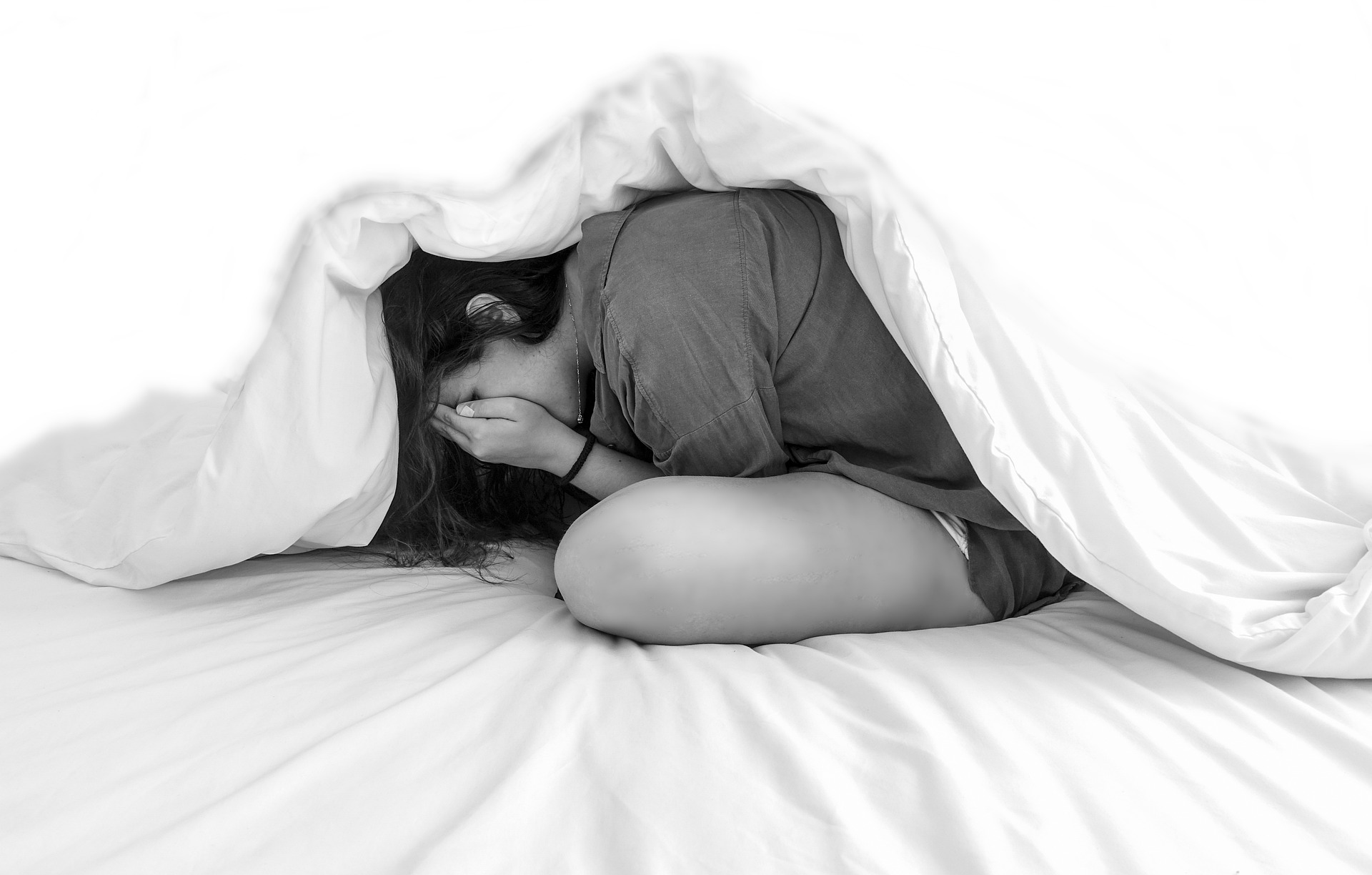Anxiety, often misconceived as mere stress, is a complex and prevalent mental health condition. It manifests as excessive worry, fear, and uneasiness about various aspects of life. Individuals with anxiety disorders find it challenging to control their apprehensions, which can significantly impact their daily lives.
Types of Anxiety Disorders:
•Specific Phobia
•Social Anxiety Disorder (SAD)
•Panic Disorder (PD)
•Agoraphobia
•Generalized Anxiety Disorder (GAD)
Signs of Anxiety
Recognizing the signs of anxiety is the first step in seeking help and support. Anxiety can manifest both physically and emotionally. Common signs include:
1. Excessive Worry
Experiencing persistent and overwhelming worry about everyday situations.
2. Restlessness
Feeling constantly on edge or restless, making it difficult to relax.
3. Irritability
Becoming easily irritated or agitated, even over minor issues.
4. Muscle Tension
Experiencing muscle tension, which can lead to headaches and body aches.
5. Sleep Disturbances
Having difficulty falling asleep or staying asleep due to racing thoughts.
What is Panic Attack?
A Discrete Period Of Intense Fear In Which 4 Of The Following Symptoms Abruptly Develop And Peak Within 10 Minutes:
•Palpitations Or Rapid Heart Rate
•Sweating
•Trembling Or Shaking
•Shortness Of Breath
•Feeling Of Choking
•Chest Pain Or Discomfort
•Nausea
•Chills Or Heat Sensations
•Paresthesias
•Feeling Dizzy Or Faint
•Derealization Or Depersonalization
•Fear Of Losing Control Or Going Crazy
•Fear Of Dying
Anti-Anxiety Medications
Fortunately, there are effective treatments for anxiety disorders, including anti-anxiety medications. These medications aim to alleviate symptoms and improve the overall quality of life for individuals struggling with anxiety.

1. Benzodiazepines
Benzodiazepines, such as Xanax and Valium, are fast-acting medications that provide relief from acute anxiety symptoms. However, they can be habit-forming and are typically prescribed for short-term use.
2. Selective Serotonin Reuptake Inhibitors (SSRIs)
SSRIs, like Prozac, Zoloft,Venlafaxine and Imipramine are commonly prescribed for various anxiety disorders. They work by increasing serotonin levels in the brain, helping to stabilize mood.
3. Beta-Blockers
Beta-blockers, such as propranolol, can be used to manage the physical symptoms of anxiety, like rapid heartbeat and trembling.
4. Cognitive-Behavioral Therapy (CBT)
CBT is a non-pharmacological approach to anxiety treatment, focusing on changing thought patterns and behaviors through therapy sessions.
Frequently Asked Questions (FAQs)
How can I differentiate between normal stress and an anxiety disorder?
Anxiety disorders involve excessive and persistent worry that interferes with daily life, whereas normal stress is typically a temporary response to a specific situation.
Can I manage anxiety without medication?
Yes, non-medical approaches such as therapy, lifestyle changes, and relaxation techniques can be effective in managing anxiety.
Are there natural remedies for anxiety?
Some individuals find relief through natural remedies like mindfulness, yoga, and herbal supplements. However, it’s essential to consult a healthcare professional before trying these methods.
Is anxiety a lifelong condition?
Anxiety disorders can be managed and treated effectively. While some individuals may experience recurrent episodes, others can overcome anxiety with the right support.
Are there side effects associated with anti-anxiety medications?
Yes, like all medications, anti-anxiety drugs can have side effects. It’s crucial to discuss potential side effects with your healthcare provider.
Can I self-diagnose an anxiety disorder?
It’s essential to consult a mental health professional for a proper diagnosis. Self-diagnosis can lead to inaccuracies and delays in receiving appropriate treatment.

